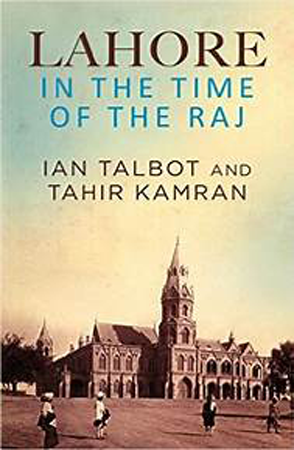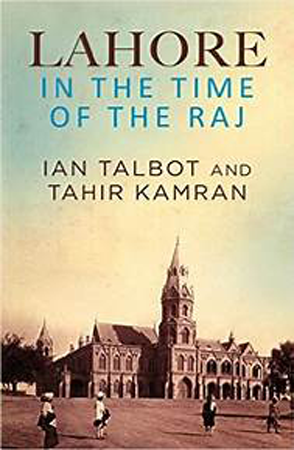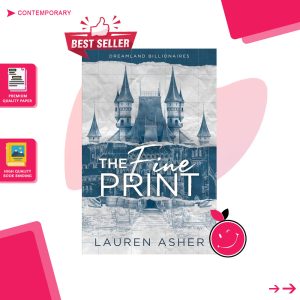Description
Lahore during the Raj was a prosperous and cosmopolitan place, where many communities lived together and there was a constant flow of goods, people and ideas. In the Mughal era, the city’s strategic location at the junction of roads to Kabul, Multan, Kashmir and Delhi made it a seat of power and poets, artists and traders flocked there for patronage from the royal court. The city expanded under the Sikhs as well and with the annexation of Punjab by the British, Lahore entered a new phase.
Lahore’s fabled Raj-era buildings—including the GPO, the High Court and the Museum—are widely acclaimed examples of colonial architecture. The British lived in Civil Lines, the Cantonment and the Mall; while in the 1920s, the prestigious Indian suburb of Model Town came up which, with its well-ordered streets, parks and bungalows, became a template for all subsequent residential colonies in the subcontinent.
The 1930s and 1940s were a time of intense cultural and political creativity and writers and artists flourished; F.C. College and Government College were celebrated centers of learning and there was great engagement between Lahore and the nascent Bollywood film industry, which the traumas of Partition ended.
Memories of that glittering city still linger on both sides of the border.









Reviews
There are no reviews yet.